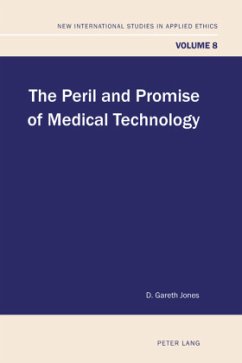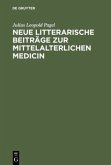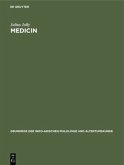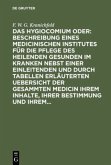Medical technology is one of the most powerful forces in the modern world, with enormous opportunities for good. For many in affluent countries, the expectations of what constitutes the good life have been transformed, as neonatal mortality rates have declined, life expectancy has increased, and one disease after another has been defeated. However, it is not an unalloyed blessing, as social patterns have been transformed, family structures have been challenged, and ordinary people as well as health professionals and scientists confront novel ethical dilemmas.
Gareth Jones writes not only as a scientist and bioethicist but also as a Christian. His aim is to make sense of some of the myriad issues encountered in a world dominated by medical technology. These include manipulation at the earliest stages of embryonic human life, through to ageing and attempts at bringing about physical immortality. The perceived power of genes is critically examined, as are claims that morality can be enhanced using technology. The centrality of the brain for making us what we are is sympathetically examined, against the backdrop of the ongoing debate on dualism and physicalism. Acknowledging our ever-increasing dependence upon medical technology, the author explores ways in which we can live in hope rather than fear.
Gareth Jones writes not only as a scientist and bioethicist but also as a Christian. His aim is to make sense of some of the myriad issues encountered in a world dominated by medical technology. These include manipulation at the earliest stages of embryonic human life, through to ageing and attempts at bringing about physical immortality. The perceived power of genes is critically examined, as are claims that morality can be enhanced using technology. The centrality of the brain for making us what we are is sympathetically examined, against the backdrop of the ongoing debate on dualism and physicalism. Acknowledging our ever-increasing dependence upon medical technology, the author explores ways in which we can live in hope rather than fear.
«[...] this book is not aimed at the popular market, and it contains some material, especially in the area of neuroscience, which would be difficult for non-specialists to follow. However, the theological and ethical arguments are very clear, fair and balanced, and I thoroughly recommend it as an antidote to much of the simplistic Christian material in the field.» (Denise Cooper-Clarke, ZADOK Perspectives 123, 2014)








